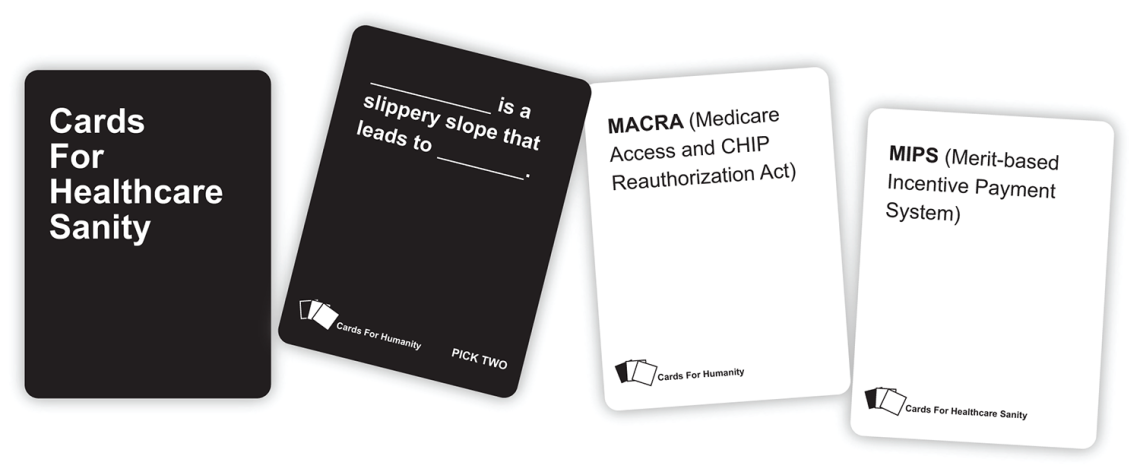More Context, More Clarity
It’s confusing out there. Every day, there are health policy articles and opinion pieces that will likely render what is written today (January 27, 2017) obsolete tomorrow (January 28). Here is what won’t change by tomorrow, or in the next 6 months.
Total United States health care spending increased 5.8% to $3.2 trillion in 2015, $9,990 per person (Utah numbers are about half: $5,031 – numbers from 2009). This spending has significant impact on the entire US economy, and it needs to decrease. For those of us in health care delivery, our imperative is to increase the value of our care to patients by reducing the cost of the care while improving both quality and service. Regardless of the changes in politics, policy, payment, and insurance reform, reducing health care cost will remain a goal.
But, why, from a larger perspective, would Accelerate dedicate space to such a sensitive issue as health law and policy? Context. Change is disruptive, and the current pace and complexity of health care change feels even more bewildering. It brings to mind “a trendy managerial acronym: VUCA, short for volatility, uncertainty, complexity, and ambiguity , and a catchall for ‘Hey, it’s crazy out there!’” We have moved from a rapidly changing industry to one that the military describes as VUCA.
One powerful tool to battle VUCA conditions is context - taking complexity and grounding it in local experience and clear terms. We believe that those working in health care need more context. Our commitment is to provide flexible options to learn about what is changing and why.
Accelerate Editorial Team
The dojo welcomes guest author and senior value engineer Will McNett with a deep dive into clinic capacity utilization. McNett borrows from manufacturing to offer a framework to measure and increase what really matters to patients: time spent with their provider.
We asked Zac Watne, Utah’s payment innovation manager (he gets paid to understand the volatile world of payment reform) to give us a primer on “bundles.” Regardless of change happening in health care, thought leaders predict that payment reform, and specifically bundled payments, are here to stay. Why? Bundles deliver care with improved outcomes at a lower price all over the United States. In this post, Zac predicts the future of bundles.
Finding evidence to change the status quo isn’t easy; thinking about evidence in terms of how it persuades—whether subjective or objective—can make it easier. Plastic surgery resident Dino Maglić and his colleagues followed their guts and saved money by improving the laceration trays used to treat patients in the emergency department.
